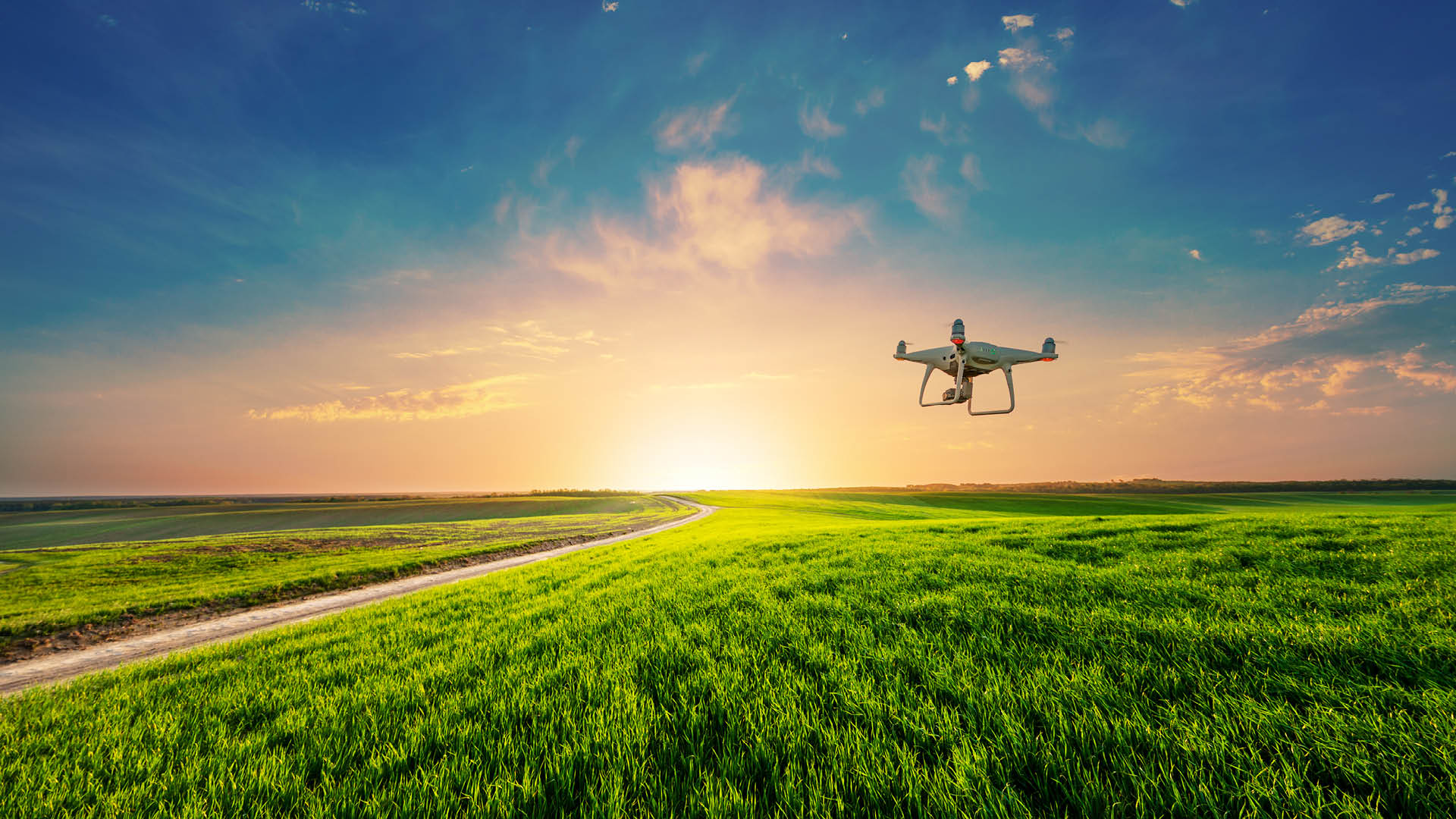Publication
Victoria’s new Psychological Health regulations are now in effect
Victoria’s Occupational Health and Safety (Psychological Health) Regulations 2025 (new Regulations) came into effect on 1 December 2025.


Australia | Publication | September 2020
Recent changes to the Civil Aviation Safety Regulations 1998 (CASR) now require:
It is important to note that the minimum requirement of accreditation only applies to certain types of drones (excluded category or micro RPA) that are flown for a business and weighs:
Fines of up to $11,000 can be imposed on those operating a drone without holding the required accreditation or an RePL. A fine of up to $11,000 can also be imposed for failing to comply with the requirement to register a drone.
Given that registered drones will be able to be readily traced by CASA back to the owner, now more than ever drone operators need to ensure that they identify all relevant risks associated with their drone operations and have procedures and processes in place to address those risks.
Farmers, mining companies and other commercial enterprises who purport to operate drones in accordance with the 'landholder rule' should carefully assess their operations to ensure compliance.
If an accident occurs and the drone operations have not be conducted in accordance with CASR requirements, the operator’s insurance company may use this as a grounds for refusing a claim.
Too often drone operators concentrate only on CASR regulatory requirements and forget about other areas of legal risk associated with drone operations. A decision of the High Court last year confirmed that aircraft operators (which would include drone operators) are required to comply with work health and safety laws as well as the aviation safety standards contained in the Commonwealth aviation legislation.
A thorough legal risk assessment of drone operations is therefore recommended to ensure compliance with the myriad of laws which apply to drone operations, from work health and safety requirements, trespass, nuisance, negligence, privacy issues, compliance with the laws in relation to the radio frequency within which drones operate, and many more. These other areas of potential drone liability are often the greatest source of risk for drone operators, with ill-informed company officers potentially exposing themselves and their organisations to hefty fines and imprisonment.
When operating drones in your business you should seek legal advice or speak to us about strategies to minimise your exposure to risk and liability.
Publication
Victoria’s Occupational Health and Safety (Psychological Health) Regulations 2025 (new Regulations) came into effect on 1 December 2025.
Publication
The Australian Public Service (APS) AI Plan 2025, released on 12 November, is the Commonwealth Government’s proactive blueprint for integrating artificial intelligence, particularly generative AI, across government operations.
Subscribe and stay up to date with the latest legal news, information and events . . .
© Norton Rose Fulbright LLP 2025